

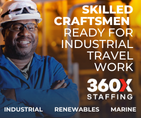
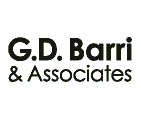
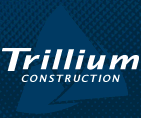

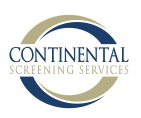
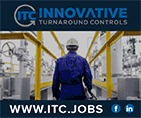
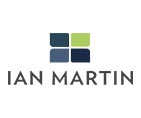
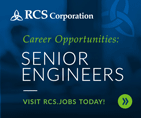


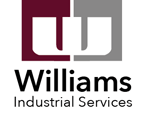

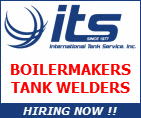
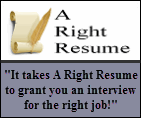

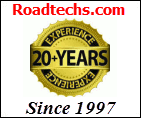
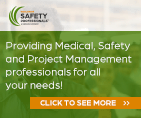

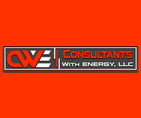
[ Back ] [ The Roadtechs PetroChem / Fossil / OffShore Job Board ] [ Help ] [Edit ] [Mark Position Closed ]
Job Title : I&C Technicians and Specialists
FAQs
It’s that time again. We know it’s probably the best job market there’s been for I&C Professionals in the last 30 years, and it only looks to get better, so let’s see if we can make a good argument on why we want the best and brightest, like you, to come work with us.
For starters, everyone on our Team genuinely cares about the quality of work we do.
Are we perfect? No, but we do understand the importance of working mistake-free is vital to the safety of the facilities we work in and goes hand in hand with our reputation.
Do we know everything? Absolutely not, but we are not afraid to raise our hands and ask questions when in doubt. We also know no one on our Team will judge us, or you, for not knowing something, which means you get to work in an environment where you can actually build upon the knowledge you already have.
Do Clients trust us? They do, and they do so because we do our best to be thorough and work hard to understand exactly what it is we are testing, and why and how.
Does this mean our Team members get opportunities to perform work that someone may not get with another Contractor? In some instances, this is a true statement. Because we have earned the trust of many Clients, we are the go-to people.
Do we pay well? In most instances, yes. Because we have set the bar high, we are able to pay our Team members higher than average in most cases. There are some contracts we have with Clients that have been in place for a while that have rates that have not kept up with the cost of living. So, sometimes we will be higher, and sometimes we won’t, but we do try our best to pay Team Members well and we are always trying to improve our rates.
Are we willing to train people? Yes, of course. We want people who want to kill us with questions. The future is yours to take.
Are we willing to let you train us? Absolutely! If you can make our Team better, then we’ll be your best students.
What are we hiring for?
We have Turnarounds and Projects from August of 2025 through the end of November 2025, and then Turnarounds and Projects in throughout 2026. Start and end dates vary by location, so it will really depend on your Technical Assessment that determines which site we think you’ll fit in best at, as there are different needs at different sites.
What does the compensation look like?
Again, that depends on the results of the Technical Assessment and which site we think you are needed most at, but the pay will range from $64.00/hr. for I&C Technicians up to $80.00/hr. for I&C Specialists (DCS, SIS, Team Lead, Planning, Technical Support, etc.)
Per diem ranges from $130/day to $150/day depending on the site.
Travel Pay in and out is paid up to 8 hours of straight time from your legal address.
What are the schedules like?
Most jobs range from 6/10s to 7/12s, but no more than 13 days in a row without a day off.
What’s the process for applying and getting hired?
The preferred way is to go straight here:
https://rtfps.zohorecruit.com/jobs/Careers/791746000000745003/I-C-Technicians-Specialists-Various-Sites?source=CareerSite
OR, you can do the following:
First – Email Olena at Recruiter@RTFPS.com
Second – Olena will reach out to you first to see if you are really interested. (She is located in Europe, so the time difference means she will be looking to speak to you from early morning to early afternoon.)
Third – Olena will send you a link where you will review different categories of Instrumentation and Controls and choose between Novice, Competent, Proficient, or Expert.
Fourth – We’ll create an Assessment based on your answers, and you’ll interview with one of the I&C Team Members. In other words, if you don’t know anything about control valves, then there is no point in us asking you questions about control valves.
Fifth – After the Assessment, we’ll tell you where we think we need you most and from that point on, you’ll always be called first when we have work that your skillset matches and you won’t have to go through a new Assessment.
FAQ’s on the Assessment
Do we accept the NCCER as a Technical Assessment? No, we do not.
Do we accept the ISA CCST? Yes, we do. We still have an interview process, but it is much, much shorter.
Can you get sample questions of what the Assessments look like? Yes, we can send you sample quizzes that are broken down into smaller subjects with 10 questions each.
Can you tell me what some of the more generalized subjects are? Yes, here they are below:
Instrumentation Maintenance & Troubleshooting:
*Perform routine inspections, calibrations, and functional checks on a comprehensive range of instrumentation:
*Flow Instruments: Ultrasonic (transit-time, doppler), magnetic, Coriolis, vortex, variable area, thermal mass, turbine, and
DP-based flowmeters with primary flow elements (orifice plates, venturis, pitot tubes).
*Level Instruments: Radar (free-space, guided wave), magnetostrictive, displacer level transmitters, capacitance, ultrasonic, DP level, and float-based systems.
*Pressure Instruments: Pressure transmitters, pneumatic and electronic pressure switches, differential pressure transmitters, and pressure gauges.
*Temperature Instruments: RTDs, thermocouples, thermowells, infrared sensors, bimetallic thermometers, and fiber-optic temperature measurement devices.
*Analytical Instruments: pH, conductivity, oxygen analyzers, moisture analyzers, dew point analyzers, gas analyzers, continuous emission monitors, and process gas chromatographs.
*Vibration Instruments: Accelerometers, velocity probes, eddy-current displacement sensors, and portable vibration analyzers for rotating machinery health monitoring.
Control Valves & Final Control Elements:
*Test and troubleshoot a variety of control valves (rotary, butterfly, globe, gate, ball) and associated components, including solenoids, limit switches, position transmitters, I/P converters, positioners, volume tanks, and valve actuators (pneumatic, hydraulic, electric).
*Ensure reliable operation, accurate positioning, proper fail-safe modes, and tight control to support stable process conditions.
Signal Types & Communication Protocols:
*Work with both analog (4-20 mA, 1-5 VDC) and digital communication protocols (HART, Foundation Fieldbus, Modbus, DeviceNet, Profibus).
*Troubleshoot and maintain wireless instrumentation solutions (e.g., WirelessHART, Bluetooth) to ensure secure, reliable data transmission in real-time operating units.
Interpret Documentation
*Be able to walk through a P&ID, Loop Drawing, and Motor Control Schematic.
What kinds of questions are on the quiz or in the interview? Understanding the theory of operation of the instrumentation listed, understanding correct installations and applications of the listed instrumentation, being able to test and troubleshoot listed instrumentation, being able to do simple calculations and most importantly, understanding when and how to apply these calculations.
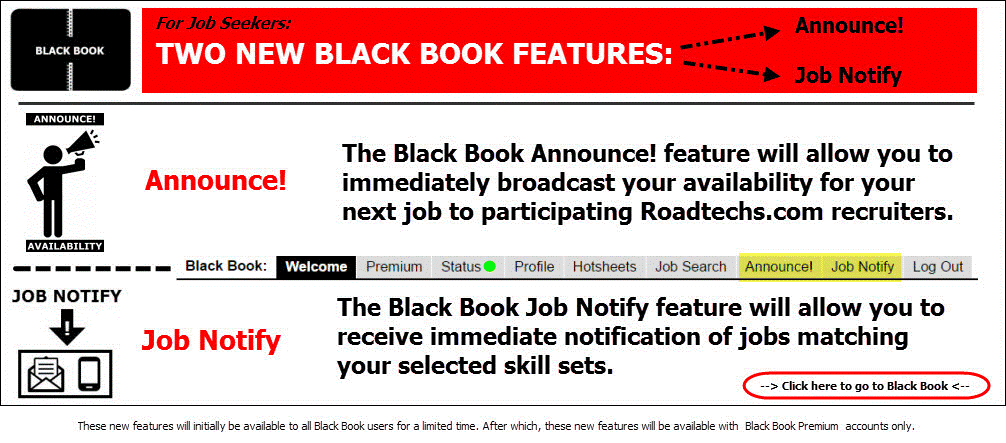
© Copyright - Roadtechs®, LLC. - All rights reserved.
Use of the Roadtechs.com website implies compliance with the Roadtechs User
Agreement and acknowledgment of our Privacy Policy.
